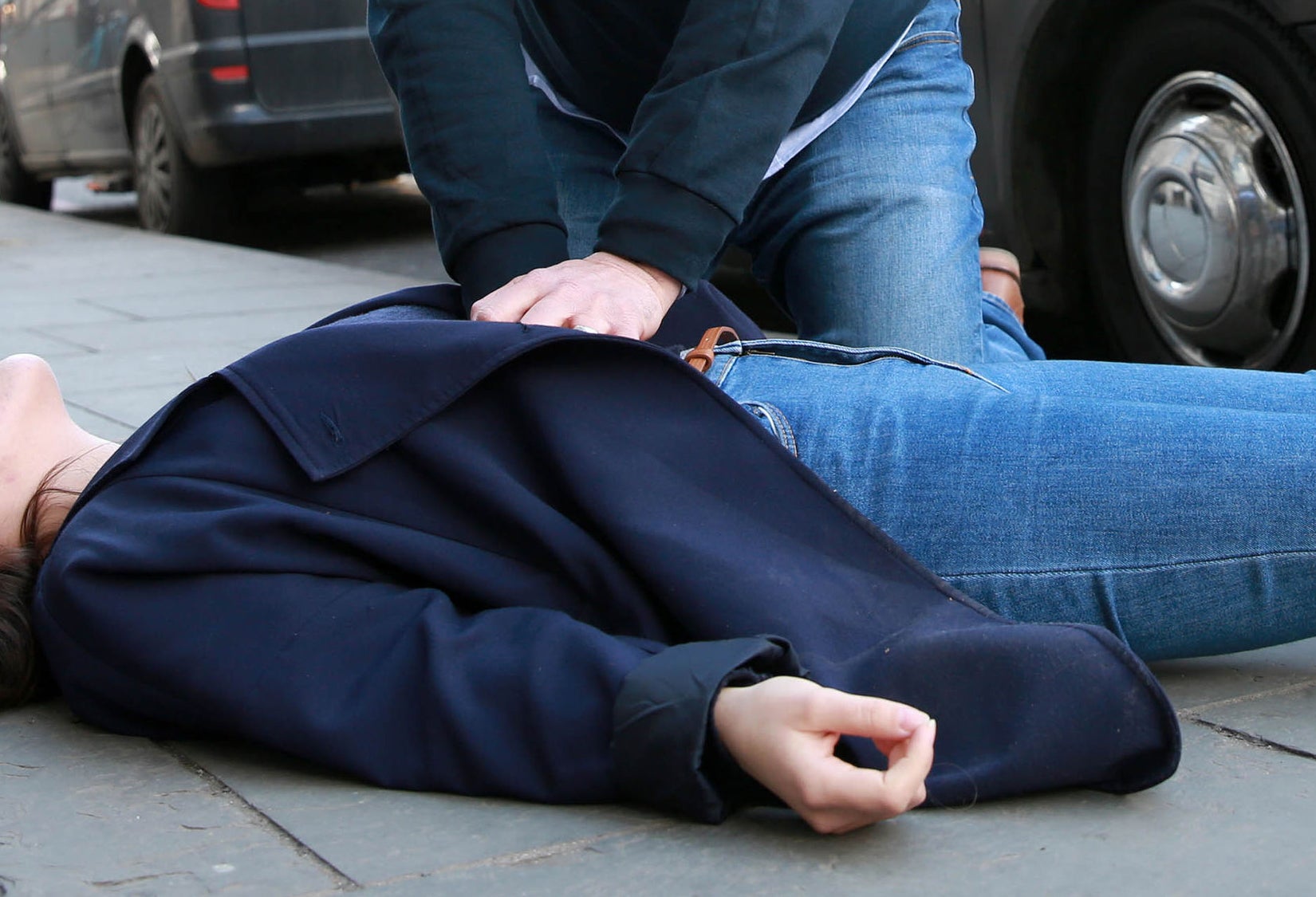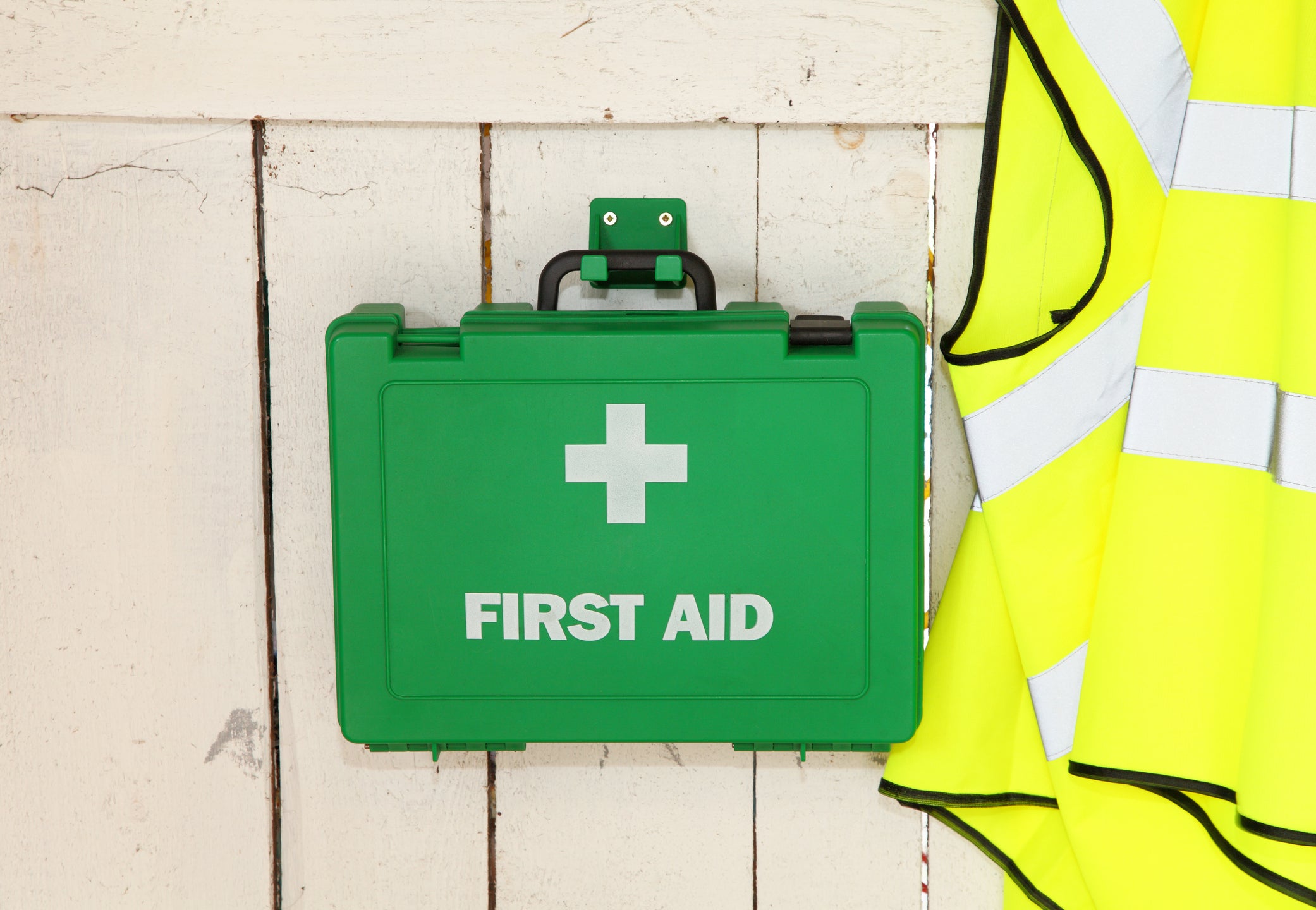This website uses cookies so that we can provide you with the best user experience possible. Cookie information is stored in your browser and performs functions such as recognising you when you return to our website and helping our team to understand which sections of the website you find most interesting and useful.
More than 200 lives could be lost each year in due to bystanders' reluctance to administer first aid, according to analysis by St Andrew’s First Aid.
The charity's research reveals a concerning trend: despite opportunities to intervene, many hesitate to provide assistance during emergencies.
The study of over 1,000 Scottish adults found that seven per cent admitted to holding back from offering first aid when they could have.
This translates to a potentially significant number of preventable deaths, given that roughly 3,200 people in Scotland experience out-of-hospital cardiac arrests (OHCA) annually, with a survival rate below one in ten. Applying the 7 per cent figure to OHCA cases suggests that up to 224 lives could be lost each year due to inaction.
Fear appears to be the primary barrier. A significant 61 per cent of respondents cited the fear of making a mistake as their main reason for not intervening, while 58 per cent worried about potentially exacerbating the situation.

These findings underscore the need for increased first aid training and public awareness campaigns to empower individuals to act confidently in emergencies.
The charity has now launched a new national campaign – ‘Taking the fear out of first aid’ – to help people overcome their concerns about coming forward to help.
Stuart Callison, chief executive at St Andrew’s First Aid, said: “This research highlights not only the importance of being first aid-trained, but also how critical it is for it to be put into practice when needed.
“While the research gives us some reassurance by highlighting that nine out of 10 Scots recognise the importance of having some form of first aid training, it’s worrying to see how many people are anxious about providing help in an emergency for fear of doing something wrong.
“The heartbreaking reality is that more lives could have been saved through bystander intervention.
“That’s why we’re launching our campaign today to dispel some of the most common myths around first aid, to overcome these fears and help save more lives.
“As well as providing first aid training to as many Scots as possible, we want to be sure that those who have been trained keep their skills up to date and have the confidence to step up when needed.
“Doing something is always better than doing nothing, and allowing our fears to stand in the way of taking action can be the difference between life and death for a casualty.”

The survey of 1,007 adults found that (91 per cent) of those questioned said they recognise the importance of having some form of first aid training.
However just under one one in four people (38 per cent) who said they would step in to help stated they would only do so after some hesitation.
Around the country, those living in Edinburgh and the Lothians were least likely to help, with just over one in 10 (11 per cent) saying they would not step in during first aid emergency situations.
People in Glasgow were most likely to receive first aid from bystanders, with 16 per cent of those polled saying they would confidently step in.
At a launch event for the campaign on Monday in Buchanan Street, Glasgow, passers-by were challenged by content creator Mark Thorburn to reach their hand into a “mystery box” in a stunt which aimed to highlight that providing first aid is not as alarming as people might think.
While some people refused to put their hand in the box others did so and were relieved to find that the box was empty.
The YouGov survey, commissioned by St Andrew’s First Aid, was carried out between May 1 and 5.



 Africana55 Radio
Africana55 Radio 
